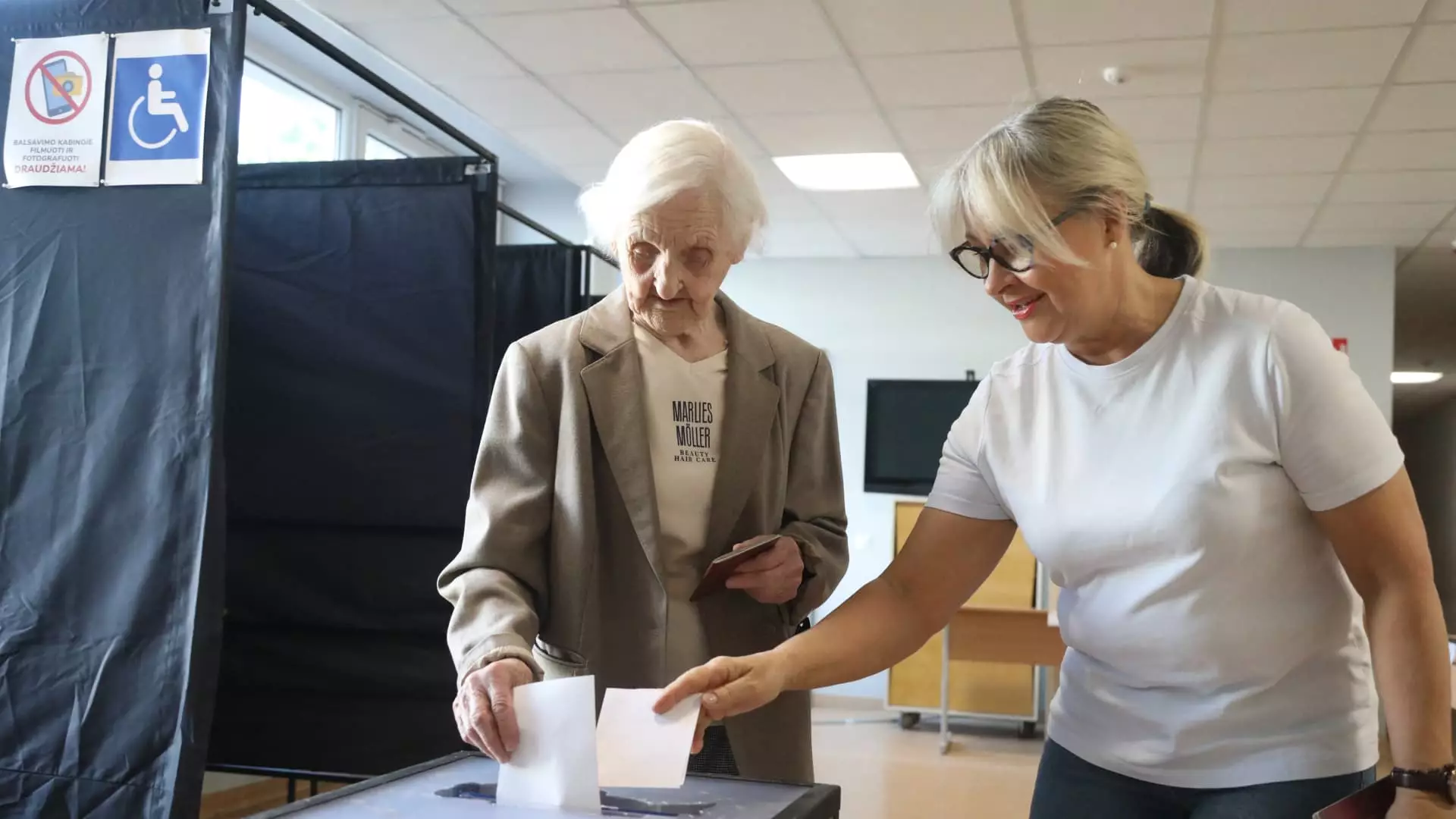Lithuania is gearing up for its presidential elections on Sunday, with incumbent Gitanas Nauseda anticipated to emerge victorious after a campaign that has been heavily focused on security concerns in the post-Soviet state. The Baltic nation, known for its staunch alliance with Ukraine since Russia’s invasion in 2022, is apprehensive about being targeted by Moscow. This election is crucial for Lithuania’s future, as the country faces external threats and internal debates on social issues.
The Candidates and Their Stances
Gitanas Nauseda, a former senior economist with SEB, holds a slight advantage over his opponent, Prime Minister Ingrida Simonyte. Nauseda, who is independent of any political party, won the first round of elections with 44% of the votes, falling short of the required 50% for an outright victory. Meanwhile, Simonyte, representing the ruling Homeland Union party, secured the second position with 20% of the votes. Both candidates support increasing defense spending to safeguard Lithuania’s interests. Nauseda, a social conservative, opposes legal recognition of same-sex civil partnerships, citing concerns about the sanctity of marriage in the country’s constitution. On the other hand, Simonyte emphasizes the need for European and Western alliances while advocating for greater acceptance and tolerance within Lithuanian society.
The looming shadow of a potential Russian attack has gripped Lithuania, with more than half of the population fearing such an event. Nauseda has openly labeled Russia as an enemy and stressed the importance of resisting external attempts to destabilize the country’s politics. Both candidates are aligned on the need to bolster defense spending, aiming for at least 3% of the gross domestic product to enhance national security. The outcome of the election will shape Lithuania’s foreign and security policies, influencing its stance on key international platforms such as the European Union and NATO.
The Lithuanian president wields significant authority, ranging from heading the armed forces to representing the country at global summits. The president plays a pivotal role in shaping foreign and security policies in coordination with the government, and has the power to veto legislation and appoint key officials. This election will determine who holds the reins of power in Lithuania, guiding the nation’s strategic direction and decision-making processes.
The upcoming presidential election in Lithuania holds immense significance for the country’s future trajectory. The outcome will not only impact national security and foreign relations but also shape social policies and governmental appointments. As Lithuania navigates through a complex geopolitical landscape, the choice between Nauseda and Simonyte becomes crucial for the nation’s stability and prosperity. Voters must carefully weigh the candidates’ stances on security, social issues, and international relations before casting their ballots on election day.

Leave a Reply